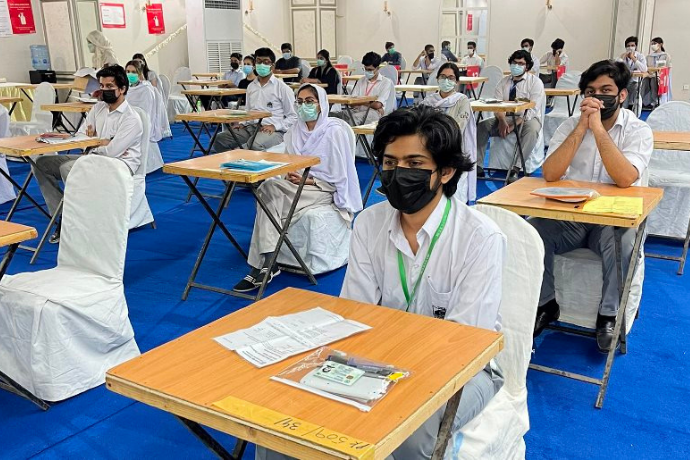
Assessment and Examination Systems in Pakistani Schools
Introduction
The examination system in Pakistan or for that matter any other country is a very important element of the education system. This article would assess the traditional examination system of the country as well as how it has evolved over time and how it has impacted the students and assessors over the years.
The evolution of the examination systems in Pakistan
The traditional examination systems are the basis of the assessment system in the country. The traditional examination system mainly includes the end of term examinations which assess the student’s level of knowledge in that grade which was tutored throughout the academic year. There are a few discrepancies in this kind of examination system. This examination system is based on memorization or grounded literacy, rote learning, and a lack of emphasis on critical thinking.
These challenges have led to calls for reform in the examination system. In response to making changes in the traditional assessments, there has been an elaboration towards further diversified styles of evaluation. This includes a shift towards nonstop assessments, design grounded literacy, and practical demonstrations like 2D and 3D projects as well as their presentations. This kind of learning is much better than the traditional approach as through this method there is more knowledge retention. This approach aims to give a further comprehensive evaluation of a pupil’s capacities.
Objective instead of Subjective Assessment
This kind of examination involves regular testing and evaluation throughout the academic year. This gives the assessors reason to give ongoing feedback to the students and it also reduces the pressure of a single final test. Formalized tests like the Matriculations and Intermediate examinations are run by education boards in Pakistan and they play a pivotal part in assessing the overall performance of the students. At the lower levels in schools like the primary and secondary levels, end of year examination are still considered the best type of exam.
The Pressure of Exams and Mental Health of students
The pressure associated with the examinations can be harmful for the student’s mental health. The students have to prepare a large amount of course for a single exam which makes them stressed out. This issue has garnered significant attention, leading to conversations on how to palliate examination-related stress.
One way is to take periodic exams instead of one annual exam which would break down the entire year course into parts and thus there would be less pressure on the students.
To address the challenges in the assessment system, educational authorities and institutions are working to ameliorate the quality and fairness of assessments. This includes revising class dynamics, training of teachers and objective assessment of students. Proper teacher training is essential to insure fair and accurate assessments. Teachers need to be equipped with the methods to produce assessments that estimate critical thinking and problem-solving capacities of the students and not just their memories.
Technological Advancements in Assessments
The digital age has brought technological advancements to the assessment system, with the introduction of computer-based testing, online quizzes, and e-assessments. These things have made assessments more effective and accessible.
Conclusion
The assessment and examination systems in Pakistani examination system have come a long way. While traditional styles persist, there’s a growing recognition of the need for reform and modernize the examination system. Nonstop assessments throughout the year instead of a single end of year examination, formalized testing, and technological advancements have opened doors to a more dynamic and fair evaluation process. This results in the production of critical thinkers and problem solvers instead of just sharp memory holders.

Content writer, educationist, teacher, researcher, social media manager, and a SEO manager from lahore. She has been working as a freelance academic and non-academic writer for more than 20 years now. She has a passion to learn new things and has a knack for writing and she combines both things to produce write ups she pours her heart out in.

